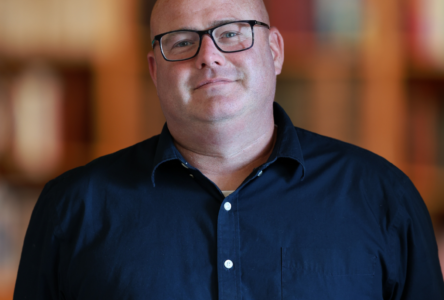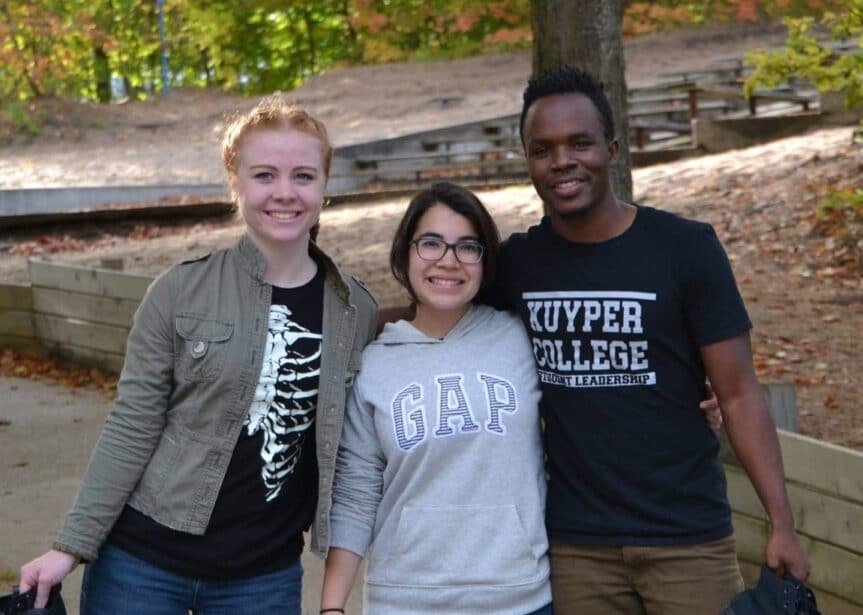Kuyper Social Work in Uganda
Since 2010, several Kuyper social work students have completed their internships in Uganda, East Africa. These opportunities are only possible through Kuyper’s partnership with the Council for Christian Colleges and Universities and the Uganda Studies Program at Uganda Christian University (UCU).
By helping students to move out of their comfort zone, students find creative solutions to implement their social work skills that may be different from what they learned in their textbooks. According to social work Professor Kelli Hoffman, they are finding answers to the question: “How do I address an ethical dilemma in a completely different cultural context?” This also develops their cultural sensitivity skills, including an attitude of humility.
During their 15-week internship, students complete 400 internship hours. Students can choose from a variety of work, including child services, HIV/AIDS prevention, working with the elderly, and more.
Anna Slomp (2018) completed her internship in Uganda to “understand what it is like for immigrants, refugees and adopted children to leave everything they know and be dropped into a culture that is totally different than their own. I needed to know what it feels like to be a minority who can’t understand the language, isn’t used to the food, and has to adjust to a brand-new climate.”
During her time in Uganda, Slomp was placed with a Compassion International Child Development Site. There, she helped to care for children who are sponsored by people from all around the world. Her duties included ensuring that money sent to the children was being used appropriately, assisting families with paperwork, doing home visit check-ins, and helping the children write letters to their sponsors. As Slomp reflects on her experiences, she said: “One of the most important and influential things I learned was the idea that…our identity does not come from the individual, but rather from participation in the community around them. When I went on home visits, people were honored when I would try to greet them in their native language. It didn’t matter that I did it poorly; it mattered that I tried and was not imposing my way of life on them, but rather, trying to understand theirs.











